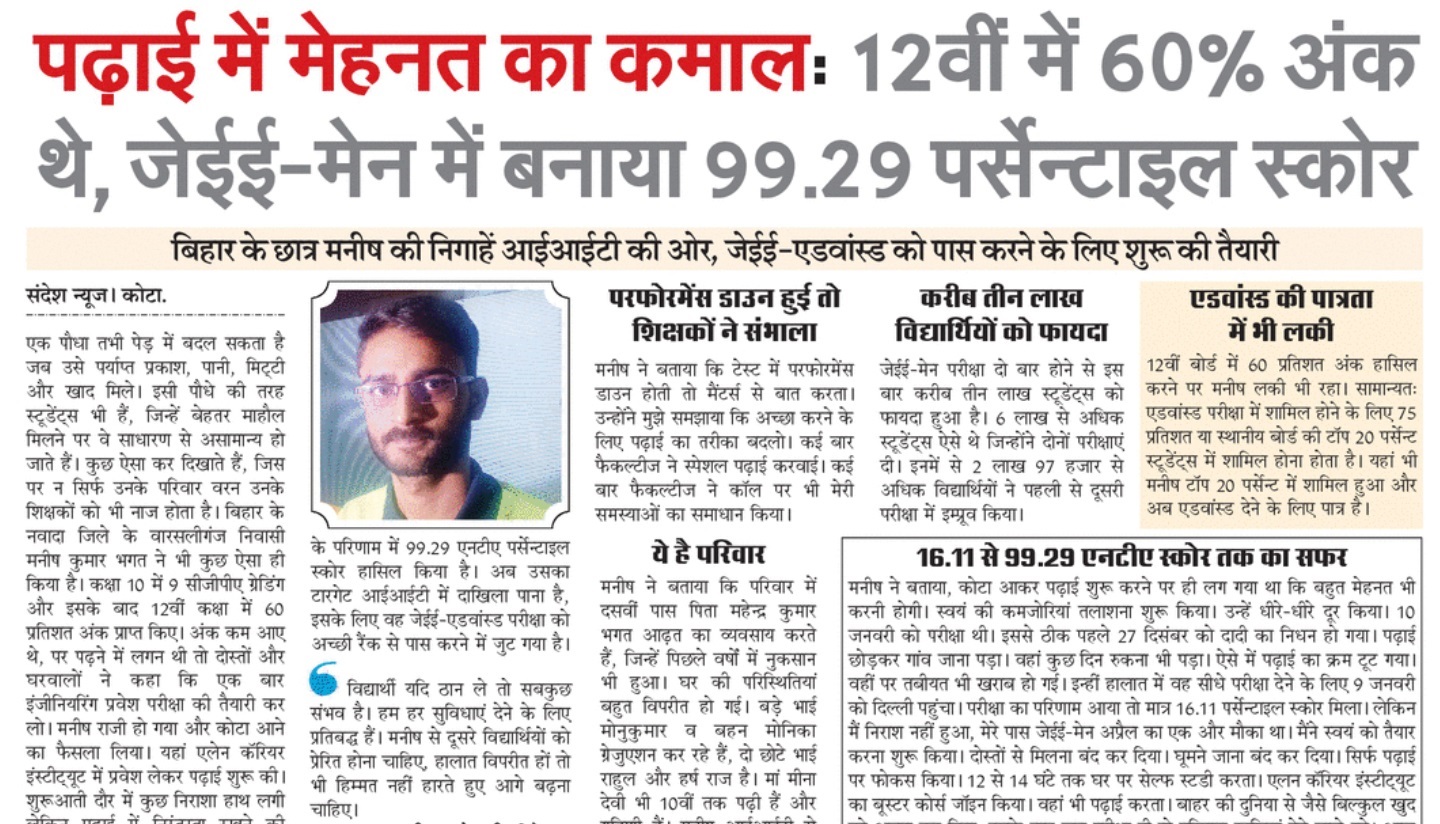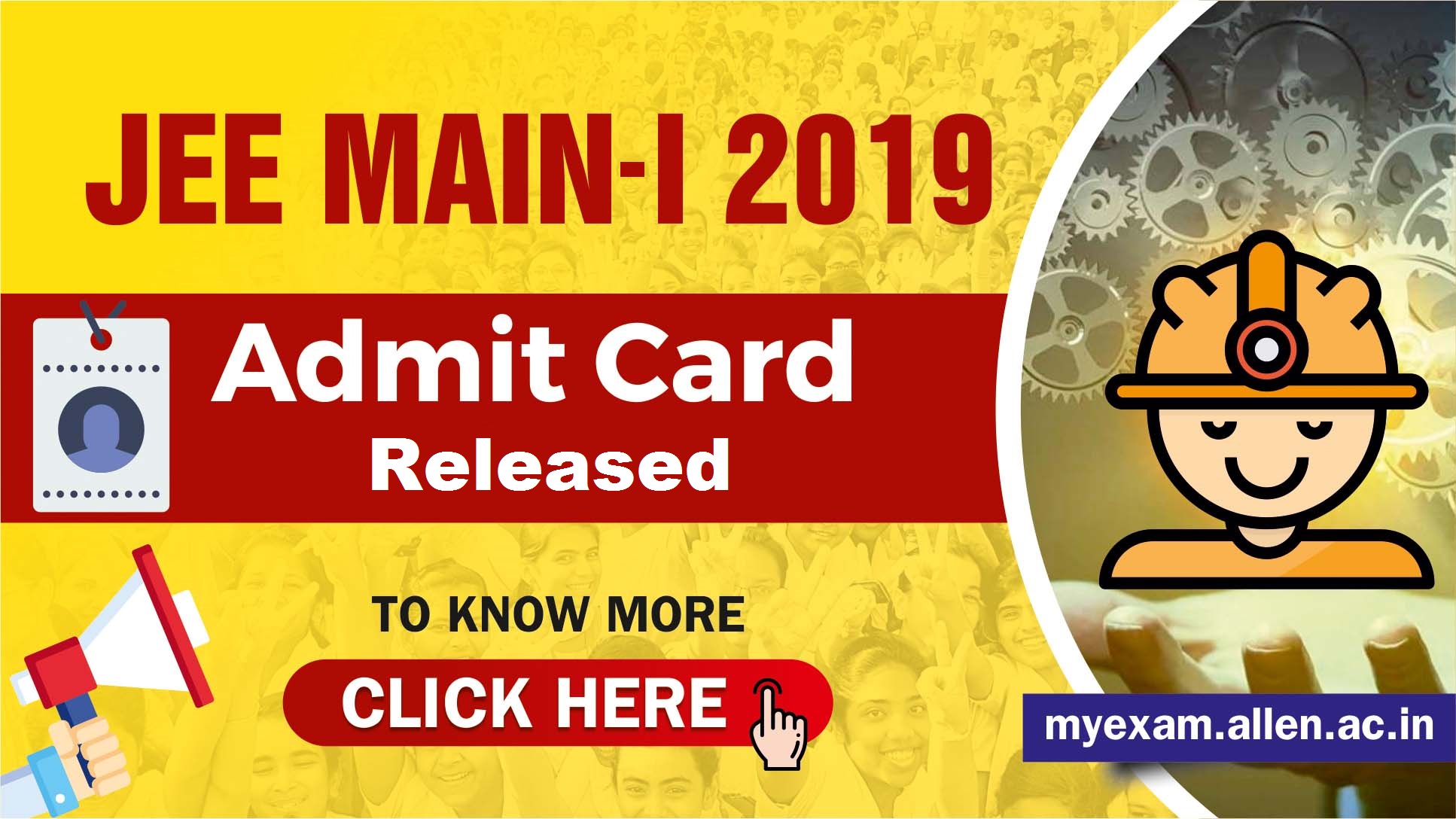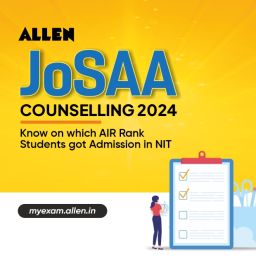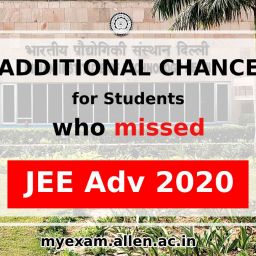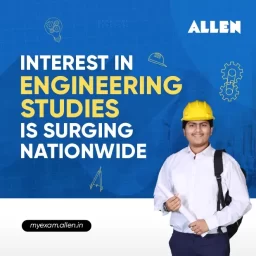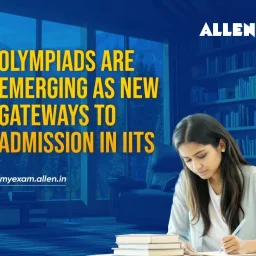Indian Institutes of Technology will continue to offer the B.Tech courses and there will be no changes in JEE Advanced
The council of IITs rejected the proposal to reform the JEE and do away with the JEE Advanced, which is the gateway to secure admissions to the IITs. Previously a proposal was made for scrapping B.Tech courses at IITs and making the premier institutions mentor other engineering colleges. The proposal also called for scrapping JEE Advanced. The idea was to convert IITs into high-end institutes that offer postgraduate education. Both proposals have been rejected by the council.
IIT council, the highest decision-making body for the IITs today, rejected all the proposals in the direction of taking down or reforming the JEE Advanced examination. Another proposal was made that instead of making the allocation of the branch, the allocation should be made if only to an institute based on their preference and merit at the Joint Seat Allocation Authority (JoSAA) level.
In regard to this proposal, the members of the council said that a change has already been made in the JEE system by changing the conducting body and going completely online. On the matter of allocation of the institute instead of the branch during JoSAA counseling, many IITs didn’t feel it’s a good idea.
In the meeting, a decision was made to empower the IITs to individually decide the fee structure for foreign students at postgraduate level, till now the fees has been decided by the council. Also, the IIT PAL or IIT Professor Assisted Learning lectures would be made accessible to students preparing for JEE Advanced on SWAYAM portal. They also decide to construct campuses of new IITs. A committee would be set up which would comprise of directors from IIT Delhi, Hyderabad and Tirupati to further discuss the construction and infrastructural development in IITs.
Further, a decision was also made for recruitment of foreign faculties, for this one of the IIT will be designated as a coordinating institute for a particular country which will identify the faculties of Indian origin who have completed Ph. D.


